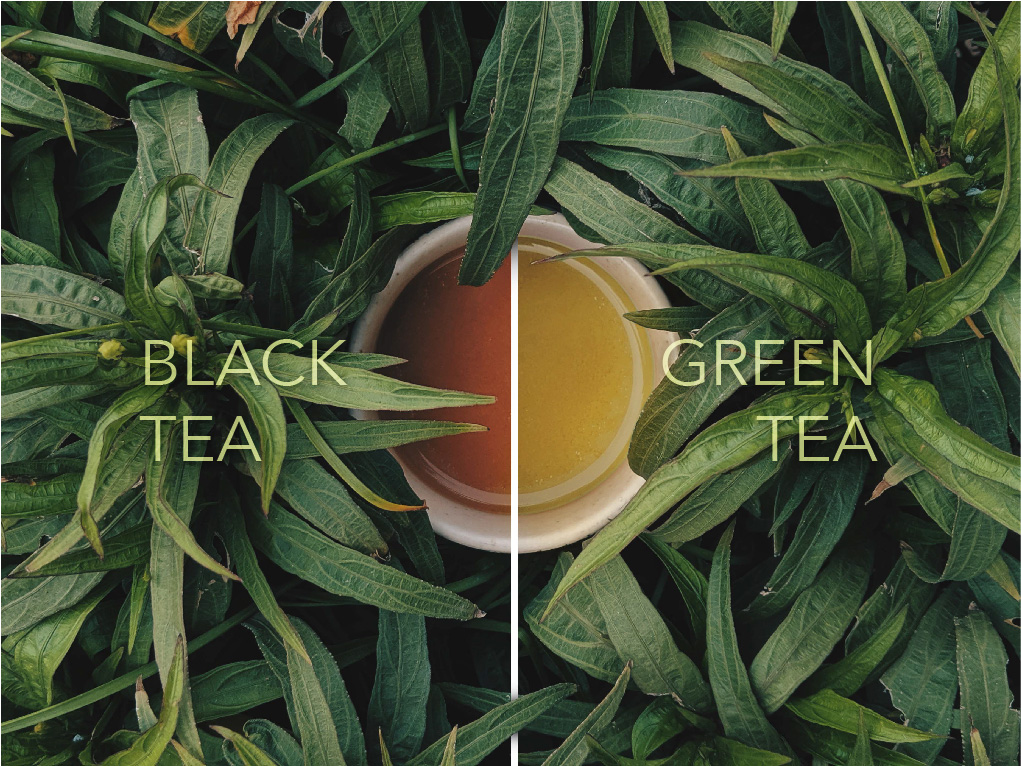Introduction:
When it comes to healthy beverages, green tea and black tea often come to mind. But have you ever wondered which one is superior in terms of health benefits? While green tea has long been hailed as the healthiest option due to its rich antioxidant content, black tea has some surprising advantages of its own. In this article, we delve into the differences between green tea and black tea, exploring their caffeine levels, potential health benefits, and the best times to enjoy each.
All About Black Tea:
Let’s start by unraveling the characteristics of black tea. Unlike green tea and white tea, black tea undergoes a more extensive oxidation process, resulting in its distinctively robust flavor and dark color. It offers a malty taste and is often enjoyed with a splash of milk or cream. Black tea can be found in tea bags or loose leaf form, and there are various blends like Earl Grey and Chai to tantalize your taste buds.
Caffeine Content:
Black tea’s caffeine content varies, with research suggesting an average of around 47 mg per cup. To put that into perspective, a cup of brewed coffee contains approximately 91.8 mg of caffeine. So, if you’re looking for a gentle energy boost, black tea can be a good choice without overwhelming your system with caffeine.
Health Benefits of Black Tea:
Black tea is a treasure trove of health-promoting compounds. It is rich in polyphenol antioxidants, such as theaflavins and thearubigins, responsible for its bitter taste and dark color. These substances provide significant benefits for your body, including protection against cellular damage and reducing inflammation. Research even suggests that regular consumption of antioxidant-rich black tea may help reduce the risk of conditions like depression, breast cancer, and type 2 diabetes.
Understanding Green Tea:
Now let’s turn our attention to green tea. While it comes from the same Camellia sinensis plant as black tea, green tea undergoes less oxidation, allowing its leaves to retain their vibrant green color. Compared to black tea, it has a milder taste often described as grassy and slightly sweet. Green tea is available in tea bags, loose-leaf form, and powdered form known as matcha. It can be enjoyed plain or enhanced with lemon juice or sweeteners like honey.
Caffeine Content:
If you’re sensitive to caffeine’s stimulating effects, green tea can be a great choice. A cup of brewed green tea contains only about 29.4 mg of caffeine, significantly lower than black tea. With its lower caffeine content, you can enjoy green tea without experiencing jitteriness or trouble falling asleep.
Health Benefits of Green Tea:
Green tea is renowned for its remarkable health benefits, thanks to its high concentration of polyphenol antioxidants. One of the most well-known compounds in green tea is epigallocatechin-3-gallate (EGCG), which possesses potent anti-inflammatory, antioxidant, neuroprotective, and antidiabetic effects. Decades of research have linked green tea consumption to a reduced risk of chronic diseases such as certain cancers, heart disease, and high blood pressure. Additionally, the presence of L-theanine in green tea provides calming effects, helping to boost mood and reduce stress levels.
Choosing Between Green Tea and Black Tea:
Considering the health benefits we’ve explored, you might be wondering which tea takes the crown. While both green and black teas offer impressive advantages, green tea seems to have a slight edge. It contains higher levels of protective plant compounds like EGCG and L-theanine, which contribute to its potent disease-fighting properties. Studies have even shown that green tea drinkers have a higher likelihood of healthy aging and a reduced risk of high blood pressure compared to black tea drinkers.
However, it’s important to note that the choice between green tea and black tea should ultimately come down to personal preferences and caffeine tolerance. There’s no need to limit yourself to one or the other. Both teas offer health benefits, and enjoying a variety of teas can add diversity and pleasure to your daily routine.
Buying Tips:
When purchasing green or black tea, there are a few things to consider. Firstly, find the flavor that appeals to your taste buds, as different types of teas offer unique flavor profiles. Secondly, factor in your budget and explore options that fit your financial constraints. Purchasing tea in larger quantities can often save you money. Remember to opt for organically grown tea whenever possible to minimize exposure to synthetic pesticides and herbicides. Lastly, be mindful of the tea bags you choose, as some materials like nylon can introduce microplastics into your brew. Consider using stainless steel steepers for a safer brewing experience.
Conclusion:
In the battle of green tea versus black tea, it’s clear that both offer incredible health benefits and can be enjoyed as part of a balanced lifestyle. Whether you prefer the boldness of black tea or the gentle allure of green tea, both can contribute to your overall well-being. Remember, no single food or beverage can compensate for an unhealthy diet or lifestyle. So, sip your tea of choice mindfully, and let it complement your efforts towards optimal physical and mental health.




 No products in the cart.
No products in the cart.